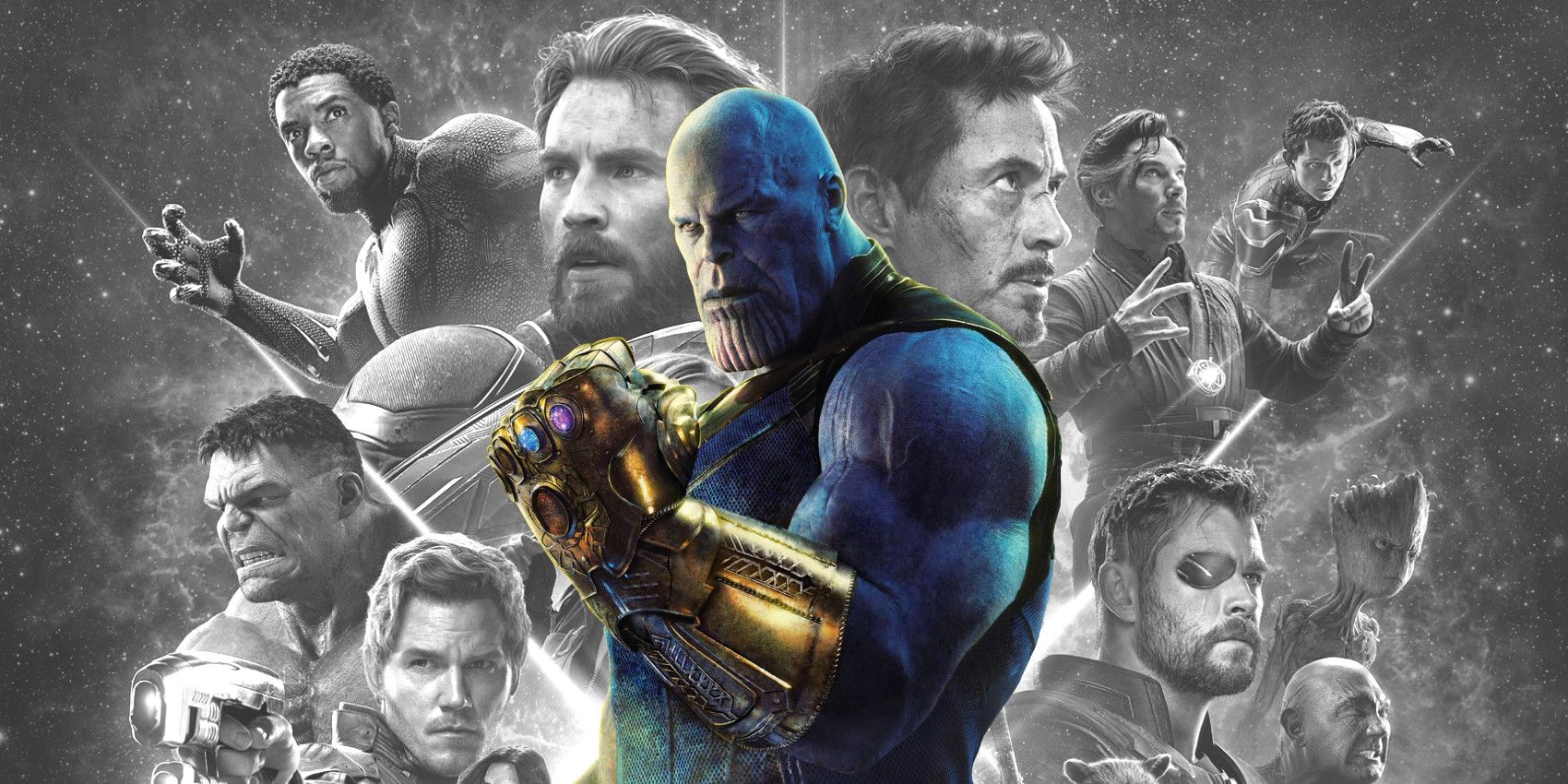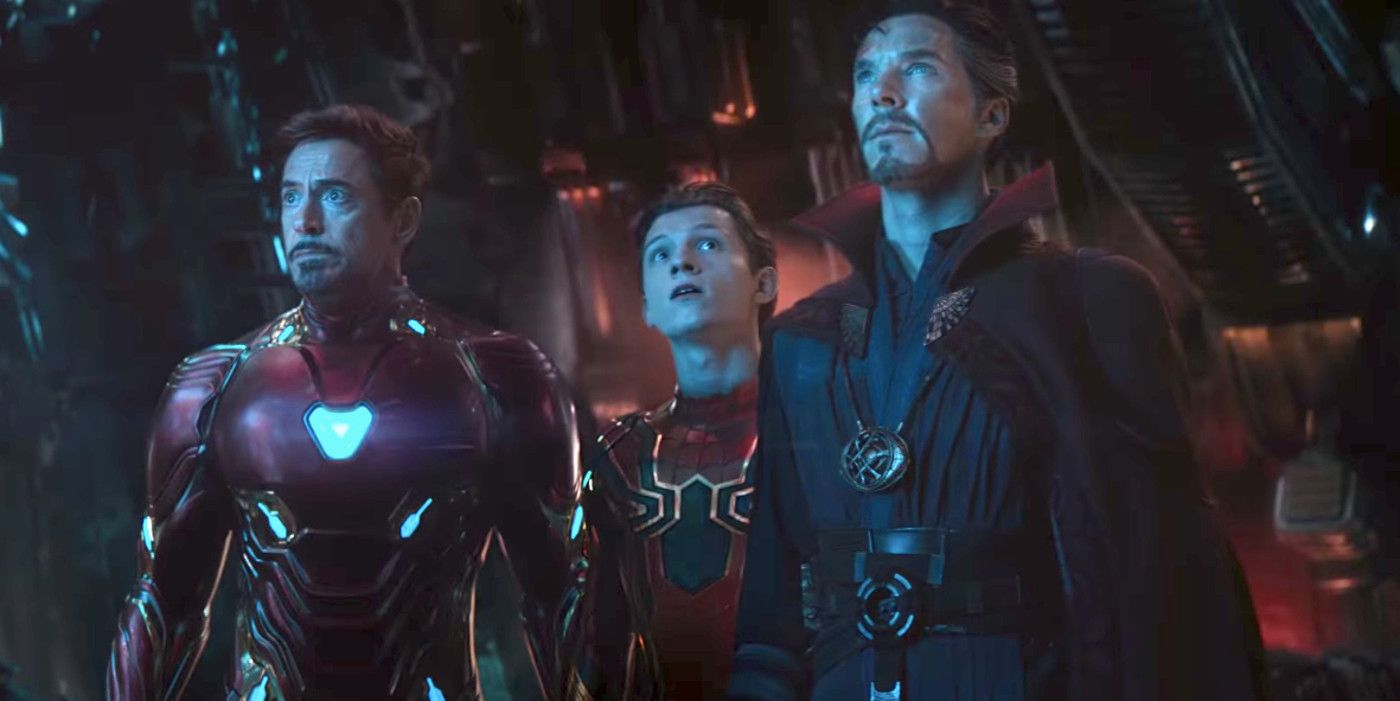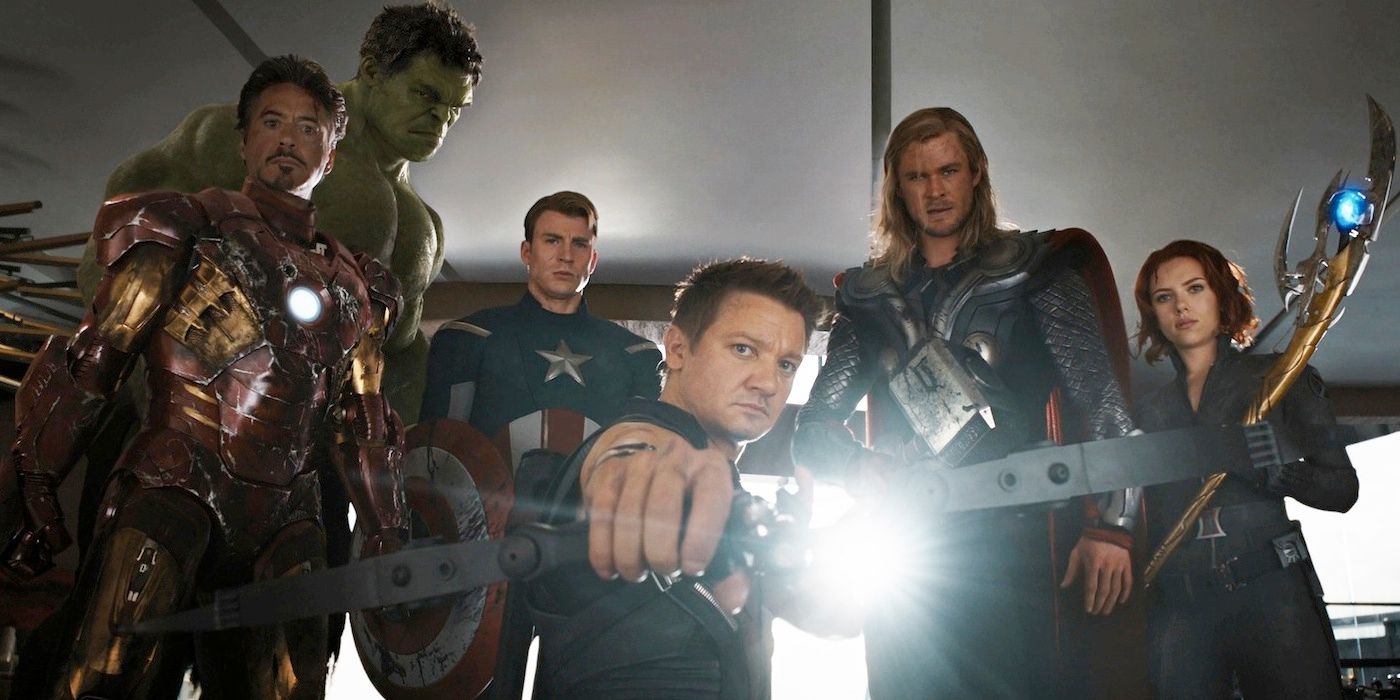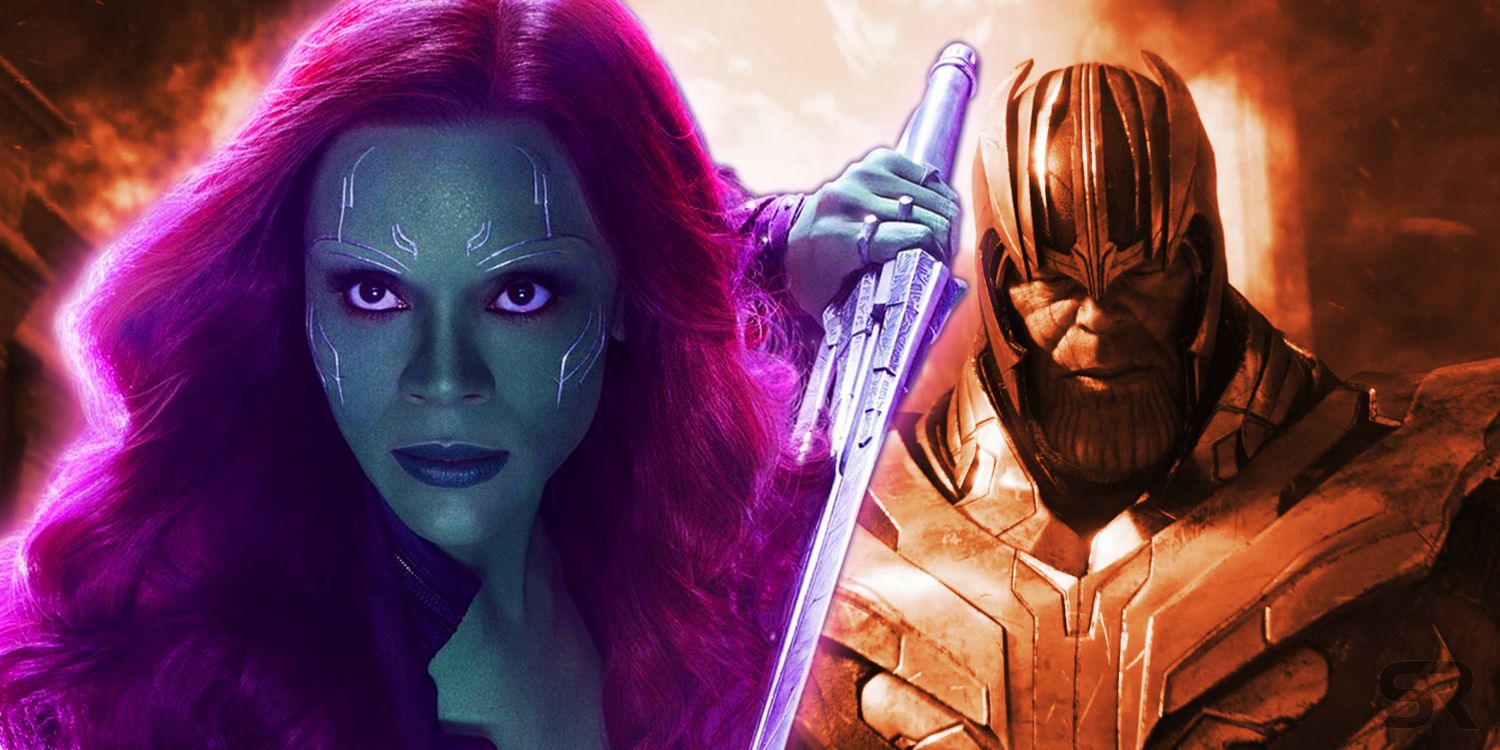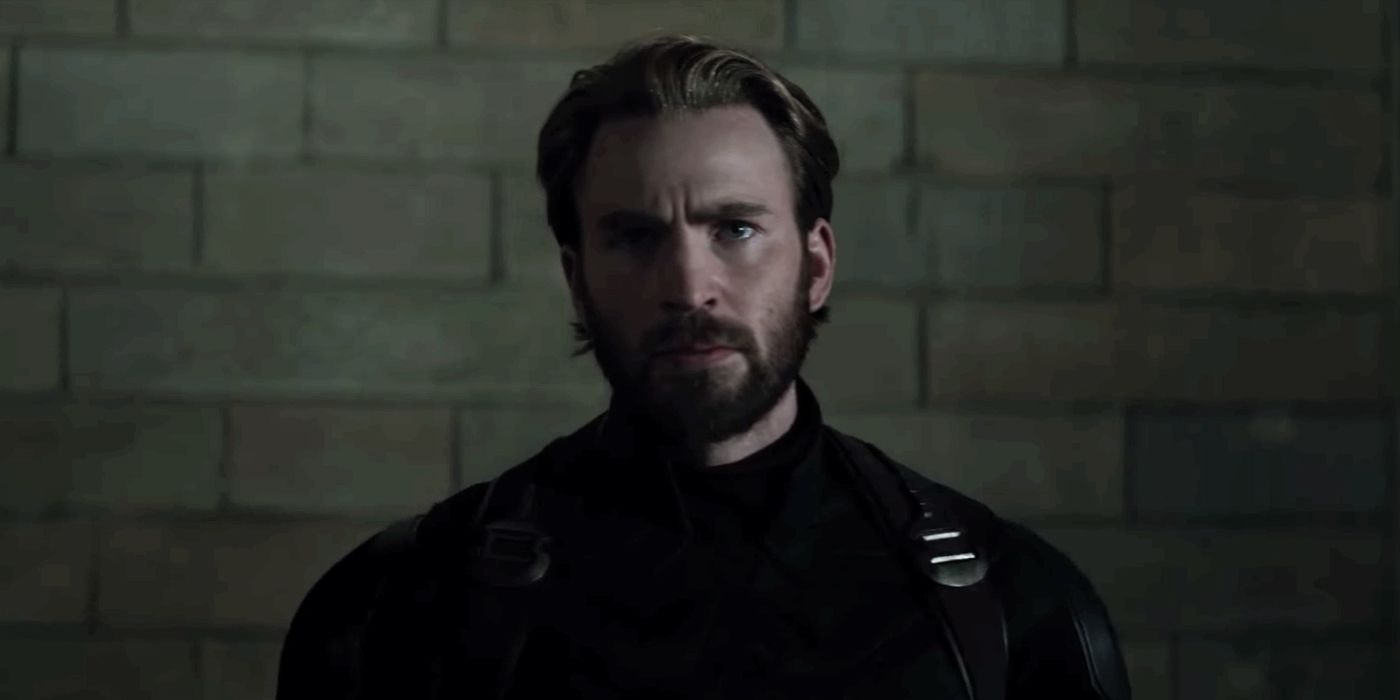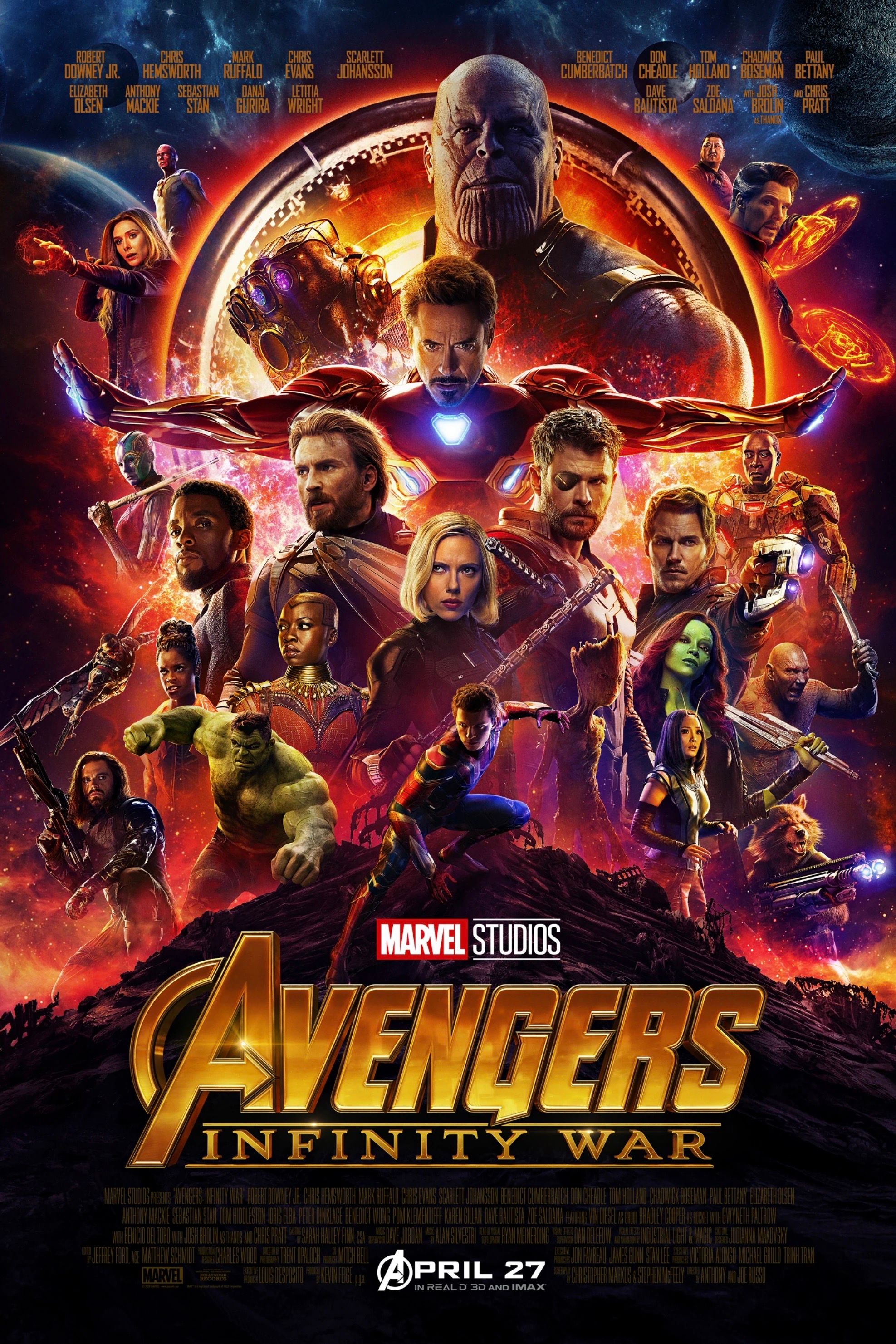Warning: SPOILERS ahead for Avengers: Infinity War
-
There's one major problem with Avengers: Infinity War: in spite of all comments to the contrary, it's clear the character deaths aren't permanent. Like the comic books that inspire it, the Marvel Cinematic Universe has a history of fake death scenes. Black Panther, Nick Fury, Bucky Barnes, War Machine, and even Tony Stark himself; all have had scenes where they've been on the verge of death. Infinity War, Marvel told viewers, would be different. As Kevin Feige noted when asked about character deaths, "People need to be careful what they are looking for."
The movie's script actually seems to directly address this. In an early scene, Thanos breaks Loki's neck, and smirks. "No resurrections this time," he declares, and there might as well be a nod and a wink to the audience. In Infinity War, death is going to be permanent. The stakes are raised right from the start, because this time nobody is guaranteed to survive.
And then comes the final twist, as Thanos successfully erases half the life in the universe. Beloved characters crumble into ash. The armies of Wakanda fade away. And even the bright young stars, the heroes of the future, are not spared. Tom Holland'sdeath scene is an absolute tearjerker. But will it really stick?
- THIS PAGE: THE SEQUEL PROBLEM
The Sequel Problem
Infinity War is undermined by a problem comic book publishers know all too well. Frequently, an annual "Summer Event" will kill off a major character, and fans will react with shock and outrage - and others will simply shrug in bemusement. Because the publisher has already released solicits several months down the line, and it's clear the death will be neatly reversed. In the same way, Infinity War kills countless heroes - but they're all heroes we know Marvel Studios are going to do more with down the line.
Take Spider-Man. Tom Holland is signed up for six Marvel movies. Filming is expected to begin on the Spider-Man: Homecoming sequel later this month. Clearly, then, Spider-Man's emotional death scene isn't going to stick. More awkwardly for Marvel, the sequel is due out only two months after Avengers 4's release. That means the studio will actually be beginning its marketing push for Spidey before they've even revealed his resurrection.
RELATED: Shuri Should Become Black Panther In Avengers 4
Or take the inevitable Black Panther 2. Given the tremendous success of the first film, it's hard to imagine a scenario where Marvel don't commission a sequel. Kevin Feige himself has already confirmed Marvel have a "pretty solid direction" for the story, and there's a strong push for Ryan Coogler to return. While Marvel has been rather more coy about Doctor Strange 2, Cumberbatch's someday-Sorcerer-Supreme was a highlight of Infinity War. Screenwriter Robert C. Cargill, who wrote the script for the first film, has already said he wants to use the villain Nightmare in the sequel. It seems the deaths in Infinity War aren't quite so permanent as Marvel would like viewers to believe.
Why Has Marvel Done This?
This, then, is one of the difficulties posed by a shared cinematic universe; if every movie links in somehow to the next, then viewers can have a sense of where things are going to go. The problem is only made worse when a studio's movies are released in quick succession. Marvel's habit of releasing three films a year means every bit of marketing for the Homecoming sequel will act as a potential spoiler for Avengers 4. In dramatic terms, Marvel may have been wiser to kill off some of the Phase 1 heroes - characters like Iron Man, Captain America, and Thor, where the actors' contracts are coming to an end.
The reality is that, whatever the plot may be, Avengers 4 could only ever be one of two things: a "Passing of the Torch" or a "Last Hurrah." Had Marvel killed off the Phase 1 Avengers, we'd be expecting a "Passing of the Torch" - that heroes like Black Panther or Spider-Man, inspired by the Avengers' sacrifices, would unite to undo what Thanos has done. Instead, we have a "Last Hurrah," where the departing heroes get to save the world one last time. It's true that their ranks will be bolstered by the likes of Ant-Man, the Wasp, and most significantly Captain Marvel, but essentially, this is the last chance for the original Avengers to shine.
In thematic terms, it makes sense. Avengers 4 thus becomes a conclusion, a celebration of everything Marvel have done over the last decade. Unfortunately, in order to have that "Last Hurrah," Marvel have been forced to lower the stakes. When Thanos snapped his fingers, they could only kill the characters who they had future plans for.
The Guardians of the Galaxy
Meanwhile, this raises a difficult question about one particular character: Gamora. The rest of the Guardians of the Galaxy are pretty much guaranteed to return, since Chris Pratt has confirmed filming for Guardians of the Galaxy Vol. 3 begins next year. But will Gamora be back? After all, she didn't die when Thanos snapped his fingers; instead, she was Thanos's sacrifice for the Soul Stone. The finger-click is certain to be reversed, as it was in the comics, but surely this death is permanent?
Except even this death is likely to be reversed. As comic book fans know, the Soul Stone actually consumes the souls that are offered to it. That means Gamora's soul now resides within the Stone, living in what's known as the "Soul World." Infinity War even gave viewers a brief glimpse of the Soul World, when Thanos talked with a child version of Gamora while standing in a strange, orange realm. And, in the comics, it is quite possible for a soul to escape the Soul World. (That's actually been a major part of Marvel's current Infinity Countdown event.)
RELATED: Avengers: Infinity War's Soul Stone Location Explained
The Soul World scene effectively acts as a signpost, reassuring savvy viewers that Gamora will be back. She's yet another example of a fake death, in a film that's frankly jam-packed with them.
Will Avengers 4 Finally Bring Lasting Deaths?
There's a sense in which Marvel has mis-sold Infinity War in the various promos. They've presented this film as the "end" of the MCU - the climax and culmination of a story that's been ten years in the telling. In reality, the "end" is actually next year's Avengers 4. In one interview, screenwriter Stephen McFeely used a telling metaphor when describing Infinity War and Avengers 4: "our hope is that it's breakfast and then lunch." As exciting as Infinity War may be, it's not designed to satisfy for long, because Avengers 4 is the main course. That, then, is where viewers should turn to look for lasting consequences - including major character deaths.
And they definitely should be expected, simply because a lot of important contracts are coming to an end. "A lot of our contracts are through," Chris Evans pointed out in one interview. "Myself, [Robert] Downey, [Chris] Hemsworth... I think we all through Avengers 4 kind of wrap it up." It's true that Evans hasn't confirmed that Steve Rogers, Tony Stark, and Thor Odinson will pay the ultimate price in Avengers 4, but he's certainly suggesting that the film should be viewed as the likely end of their story.
Marvel Studios has earned its reputation for fake deaths, and Infinity War may well go down as a record-breaker in terms of the sheer number of them. But that doesn't mean Marvel isn't going to kill off characters going forward; with certain contracts coming to an end, the fate of Earth's (original) Mightiest Heroes is hanging in the balance.

